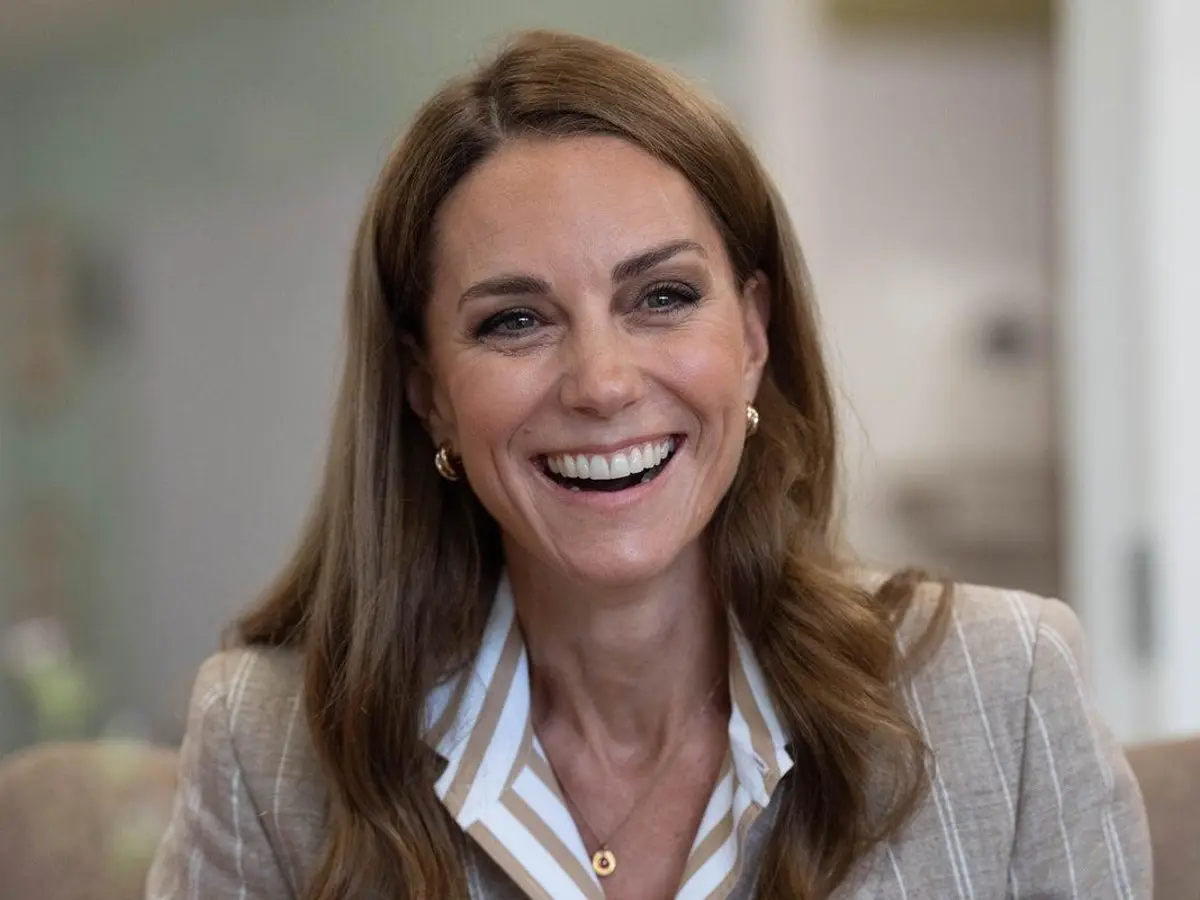Kate Middleton is speaking out about the negative impact smartphones have on family life and kids’ development. The Princess of Wales has termed smart phones as ‘distraction, fragmenting our focus’ in a new essay she wrote titled The Power of Human Connection in a Distracted World. Kate co-wrote the essay with Professor Robert Waldinger from Harvard University. The essay was posted on the website for her Centre for Early Childhood on Thursday.
‘Epidemic of disconnection’
“While new technology has many benefits, we must also acknowledge that it plays a complex and often troubling role in this epidemic of disconnection,” Kate, 43, wrote.
Add WION as a Preferred Source
The essay is the latest step by the princess who actively works to spread awareness among parents of young children.
“Our smartphones, tablets, and computers have become sources of constant distraction, fragmenting our focus and preventing us from giving others the undivided attention that relationships require,” she adds.
“We sit together in the same room while our minds are scattered across dozens of apps, notifications, and feeds. We’re physically present but mentally absent, unable to fully engage with the people right in front of us.”
Kate is the mother of three children- Prince George, 12, Princess Charlotte, 10, and Prince Louis, 7.
Smartphones are disrupting family time together
The Princess believes this ‘technological interference’ impacts a fundamental gift we can give others — which is our ‘undivided attention’.
“Yet, increasingly, it’s the most difficult gift to offer,” she continues in the essay. “When we check our phones during conversations, scroll through social media during family dinners, or respond to emails while playing with our children, we’re not just being distracted; we are withdrawing the basic form of love that human connection requires.”
Prince William echoes wife Kate’s thoughts
Kate’s thoughts come after her husband, Prince William, recently revealed that the couple are ‘very strict’ when it comes to their children’s use of smartphones. Willian spoke to Eugene Levy on the Apple TV+ series The Reluctant Traveler, and said, “We sit and chat, it’s really important. None of our children have any phones, which we’re very strict about,” he added.
Kate, meanwhile, in her essay admits that regulating the use of phones and other tech is a challenge, especially at a time when children are born into a modern, digital-centric world.
But it is a crucial element of her campaign that the early years are the most important to a person’s long-term well-being.
Kate writes that neuroscience has shown that the first years of life are the most crucial for the formation of a child’s brain — and when that attention from others is most needed. That period, she says, “is the golden opportunity to build strong foundations for future life outcomes.”
“Pregnancy to the age of five is the fastest and most profound period of brain development in our lives, with an astonishing 1,000,000 new neural connections being formed every second,” Kate writes.
The princess also points out that how families are less likely to have dinner together regularly these days. This, she says, is “something we know has an enormous impact on child development.”
“We are less likely to have friends over. We are less likely to join clubs and community groups,” Kate states. “Perhaps most troubling of all, more people than ever report having no one they can confide in about what is going on in their life,” Kate adds in the essay
Related Stories
